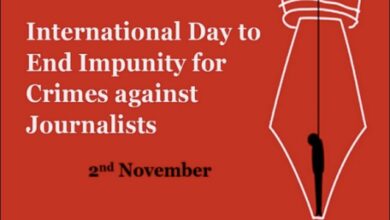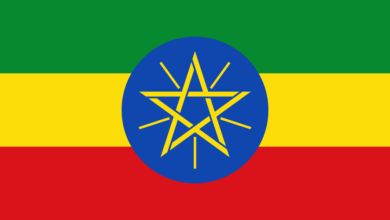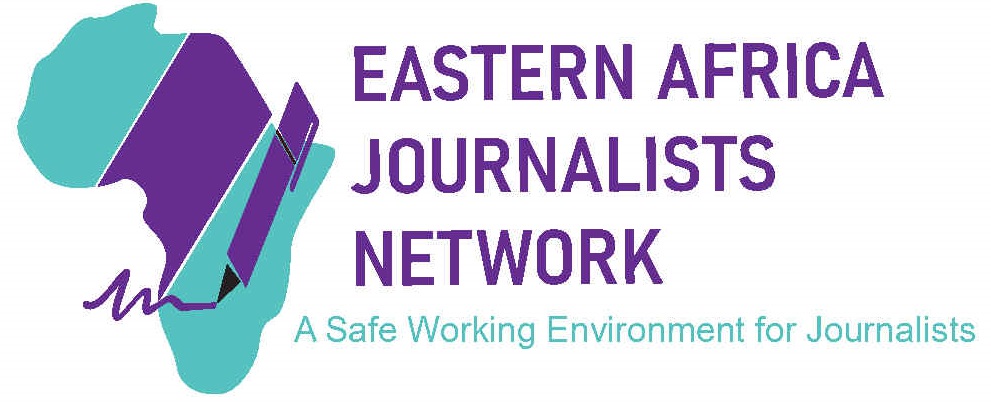Ethiopia
Ethiopia is the second largest country by population in Africa with a population of 114,963,580. It has ratified most international and regional human rights instruments including the African Charter on Human and People’s Rights.
Similarly, the Constitution of the guarantees media freedom. Ethiopia was one of the first countries in Africa to pass a progressive access to information law.
However, it has failed to file four periodic reports to the African Commission on Human and People’s Rights as required by Article 62 of the African Charter.
A reformist government initiated in 2018 that had initiated media laws reforms responded to political ethnic unrest with mass arrests and military offensive in the Tigray region leading to widespread and egregious human rights violations.
The media has equally been on receiving end in their attempts to report about the political conflict. The current scenario mimics what the society was like for nearly three decades’ where freedom of expression was severely restricted by government. Critics face frequent threats, arbitrary arrests and detention. Ethiopia’s apparatus of media censorship are vast and freedom of expression cannot be guaranteed without substantial legal reforms.
The legal apparatus includes the Anti-Terrorism Proclamation, the Criminal Code, the Mass Media and Access to Information Proclamation of 2009, Ethiopia Broadcasting Authority law, criminal defamation statute and the provisions shielding public officials from criticism. A legislative reform process was initiated in 2018 but its seems to have stalled given the persistent conflict in the Tigray areas.
Surveillance on dissidents, use of anti-terrorism laws to prefer trumped up charges against journalists and civil society actors, intimidation and administrative coercion such as limiting advertising revenues, restricting access to information, maintaining high costs for printing, blocking websites and social media platforms as well as complete internet shutdown have been a common feature in the country.
Many blogs and websites run by Ethiopians in the diaspora have continue to be blocked in Ethiopia even after there was a promise after the coming into power of Prime Minister Abiy Ahmed.
All is not gloomy. The country’s broadcasting and telecommunications sectors that were exclusively dominated by the state have started to reform and accept private actors. Safaricom, one of the lead telecommunications in Eastern Africa, has joined hands with others in a consortia to offer mobile and internet services.
The few private legacy media are heavily regulated and frequently censored. The state tightly controls most of the media, and the few surviving private media self-censored their coverage of politically sensitive issues for fear of being shut down. Most print publications were and still remain directly or indirectly owned by the government and are used as engines of ideological production and propaganda tools by government and the ruling party.
The few independent publications, television and radio outlets remain strapped financially, making it very difficult to provide in-depth and independent information and analysis on the domestic political issues for Ethiopians.
Many journalists, both in government or private media, are forced to self-censor for fear of reprisal in various forms. Journalists working for government owned media outlets are mostly concerned about job security, and are often worried that stories seen as unfavourable by editors could cost them their jobs.
Freelance journalists also are afraid of government reprisal either directly, such as through judicial harassment, or indirectly, through denial of access to information from government institutions. To survive most independent media are deliberately and systematically limiting themselves to entertainment and sports programmes and rarely report on hard politics.
According to Reporters without Borders World Press Freedom Index, Ethiopia’s ranking moved up from position 110 in 2019 to high 99th place in 2020 and slid back to 101 in 2021. ARTICLE 19 in its Global Expression Report 2021 categorized Ethiopia as a highly restricted country with a score of 32 out of 100. However, the report notes that in the period 2015-2020, Ethiopia recorded a significant advance in the freedom of expression indices.
-

EAJNet Calls on Governments to End Impunity for Crimes Against Journalists in the region
Eastern Africa Journalists Network (EAJNet) has called on the governments in the region to expeditiously investigate and bring to justice…
Read More » -

840 cases in Ethiopia
Ethiopia’s World Press Freedom ranking moved up from position 110 in 2019 to 99 place in 2020 according to RSF.…
Read More »
